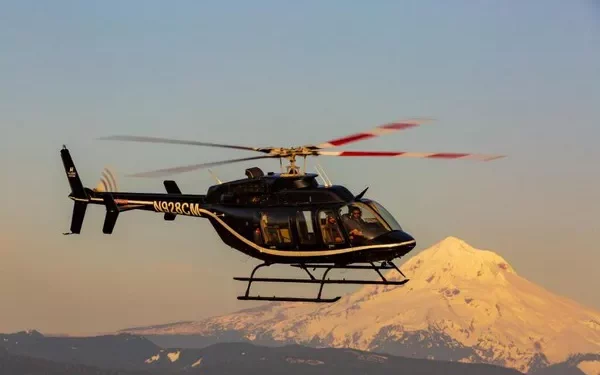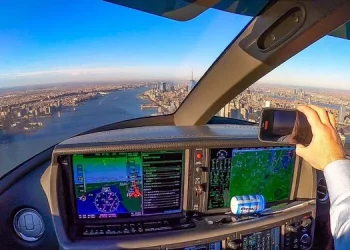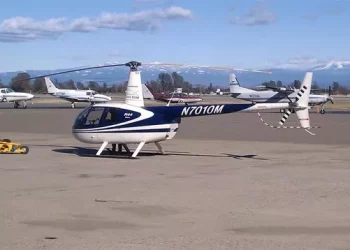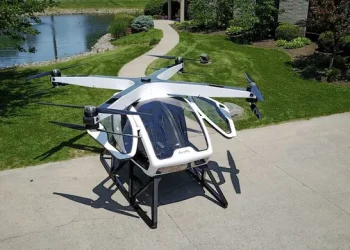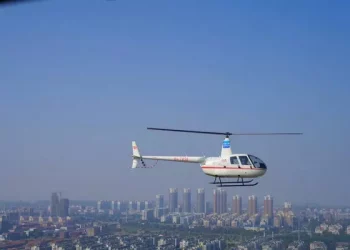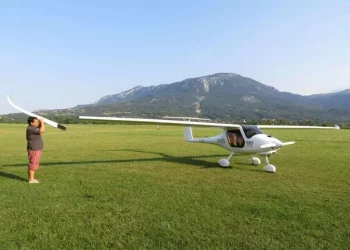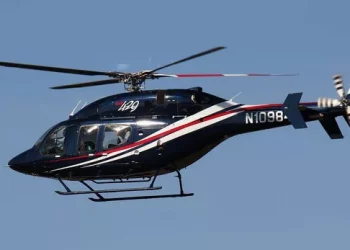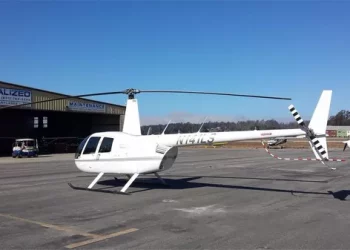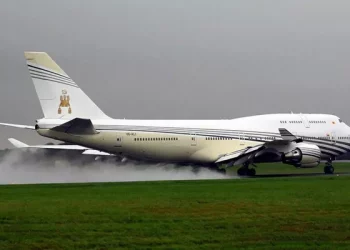To fly to the air, you must first submit an application to the air traffic Control Bureau, indicating the time of flight, the place of takeoff and landing, etc.
While flying, air traffic controllers also provide weather information — all for a price.
So?
It is certainly not allowed to fly at will. Units and individuals engaged in general aviation flight activities shall abide by Article 7 of the Regulations on General Aviation flight Control, and if, according to the requirements of flight activities, it is necessary to establish temporary flight airspace, they shall apply to the relevant flight control authorities for the establishment of temporary flight airspace.
In recent years, with the development of the economy, “private jet” is no longer a distant concept for Chinese people: whether it is Jackie Chan’s private jet worth 200 million yuan, or the Shanxi Rich group’s purchase of 10 private jets, people begin to feel that private jet is closer to us.
Moreover, with the advent of light and ultralight sports aircraft, the price of private jets can begin to decrease. A small plane costing 600,000-800,000 RMB is even cheaper than one, and owning a private jet is no longer the privilege of the top rich.
However, there are still many factors constraining the development of private jets in China.
First, airspace control.
China’s airspace is strictly controlled by air traffic, Liu said, adding that private planes need layers of approval to apply for routes, which complicates flying in China.
“For example, before, there were many flying clubs all over the country, and there was one in Dalian Jinshitan.
But in fact, these clubs are not well run.
“Red tape and the inability to take into account the temporary, more mobile nature of private jets are holding them back.”

